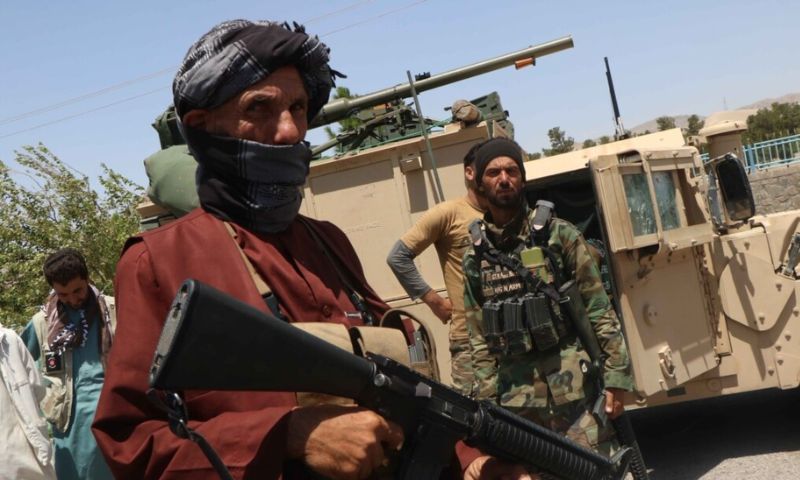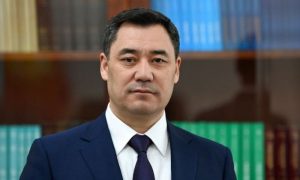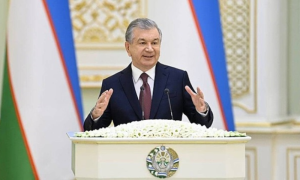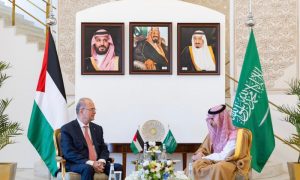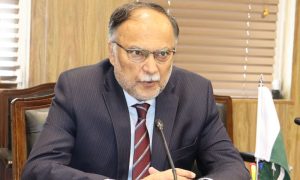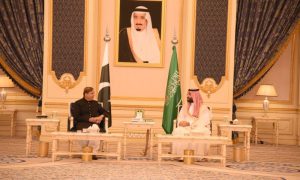KABUL: In a recent session of the United Nations Security Council, the Islamic Emirate reiterated its stance, refuting concerns voiced by UN members about the activities of Daesh within Afghanistan’s borders.
During the Security Council meeting focused on the 17th report of the Secretary-General highlighting the threat posed by Daesh, UN counter-terrorism chief Vladimir Voronkov addressed the assembly. He shed light on the mounting complexities within Afghanistan and the presence of roughly 20 distinct terrorist groups operating there.
Responding to this assessment, the Islamic Emirate issued a statement questioning the evidentiary basis of the UNSC report’s claims regarding terrorist groups within Afghanistan. The Emirate expressed concern that the absence of concrete evidence could tarnish the reputation of the UNSC itself. The statement suggested that such assertions might inadvertently embolden the Daesh faction and further destabilize the region.
Bilal Karimi, the deputy spokesman for the Islamic Emirate, conveyed the organization’s belief in the power of diplomacy and engagement. He underscored that the Islamic Emirate remains committed to fostering relationships and open communication.
Moreover, the statement pointed out that the ongoing sanctions imposed on Afghanistan by the UN, alongside the freezing of the country’s overseas assets, constitute significant contributors to the humanitarian crisis unfolding within its borders. The Emirate’s position advocates for a diplomatic approach in addressing Afghanistan-related issues, emphasizing that allegations alone will not resolve the challenges at hand.
Ziaul Haq Madani, a political analyst, articulated that the international community should approach Afghanistan’s issues through diplomatic channels rather than relying on allegations to address concerns. Madani urged for a nuanced approach in managing the complex situation.
Contrary to the concerns raised by the UNSC, Kamran Aman, a military veteran, asserted that since the Islamic Emirate assumed control, Afghanistan has successfully dismantled terrorist footholds and effectively defeated Daesh. Aman dismissed the notion of terrorist control within even a single acre of Afghan territory and deemed the accusations as detrimental to the government’s reputation.
Regrettably, the landscape in Afghanistan continues to evolve in complexity, fanning apprehensions of weaponry and ammunition potentially falling into the hands of extremist elements. As the international community observes these developments with growing concern, the stance of the Islamic Emirate remains firm – challenging claims of terrorist activities within its borders and advocating for a diplomatic, engagement-based approach to resolve complex challenges.









